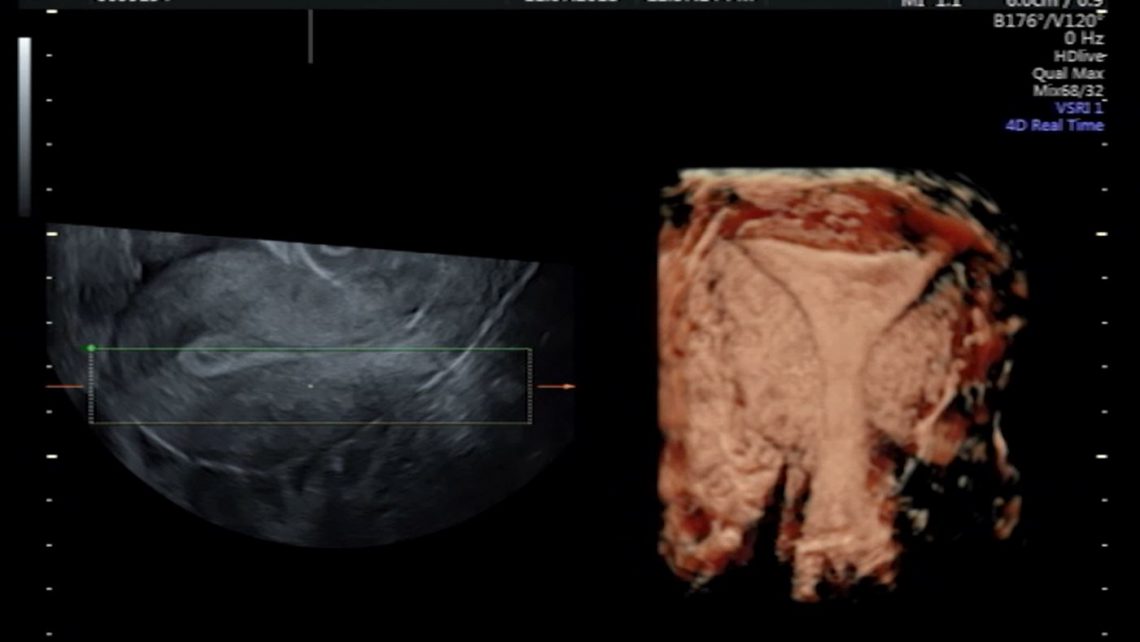
Do abnormal uterine contractions cause embryo implantation failure?
Implantation failure, defined as recurrent embryo transfer failures, remains a mystery because its cause is not always clear. The contractions that take place in the uterus could be one possible explanation for it.
The uterus is a muscle and, as such, it contracts. The intensity and direction of the contractions change throughout the menstrual cycle. Over the first few days, the contractions take place in a descending direction and this helps to discharge menstrual tissue. As the cycle progresses, the contractions change direction and become ascending. They reach their maximum intensity around ovulation in order to help spermatozoa ascend and, therefore, increase the chances of pregnancy.
Over the second half of the cycle, the contractions tend to disappear, leaving the uterus to rest since this is the appropriate status for embryo implantation. Progesterone is the main factor in this resting state.
As mentioned above, one possible cause of implantation failure could be abnormalities in the intensity and/or direction of the contractions when the time for implantation has come.
In order to be able to diagnose uterine contractility, we have validated a technique that involves assessing uterine contractions using a vaginal video ultrasound scan performed just prior to embryo transfer and progesterone level measurements. The contractions can be measured in two-dimensional or three-dimensional modes and we are sole providers of this technique. We have, furthermore, been able to demonstrate that contractions that are measured in this way are commonly associated with low levels of progesterone. We are able to distinguish between patients who have contractions because of low progesterone levels and patients who have uterine contractions due to some form of irritation in the muscle, as is the case in endometriosis.
We can use this information to personalise treatment for patients, particularly those who are suffering from recurrent implantation failure. The upshot is an improvement in the results obtained following courses of treatment.
Dr Rafael Bernabeu, Medical Director at Instituto Bernabeu.
